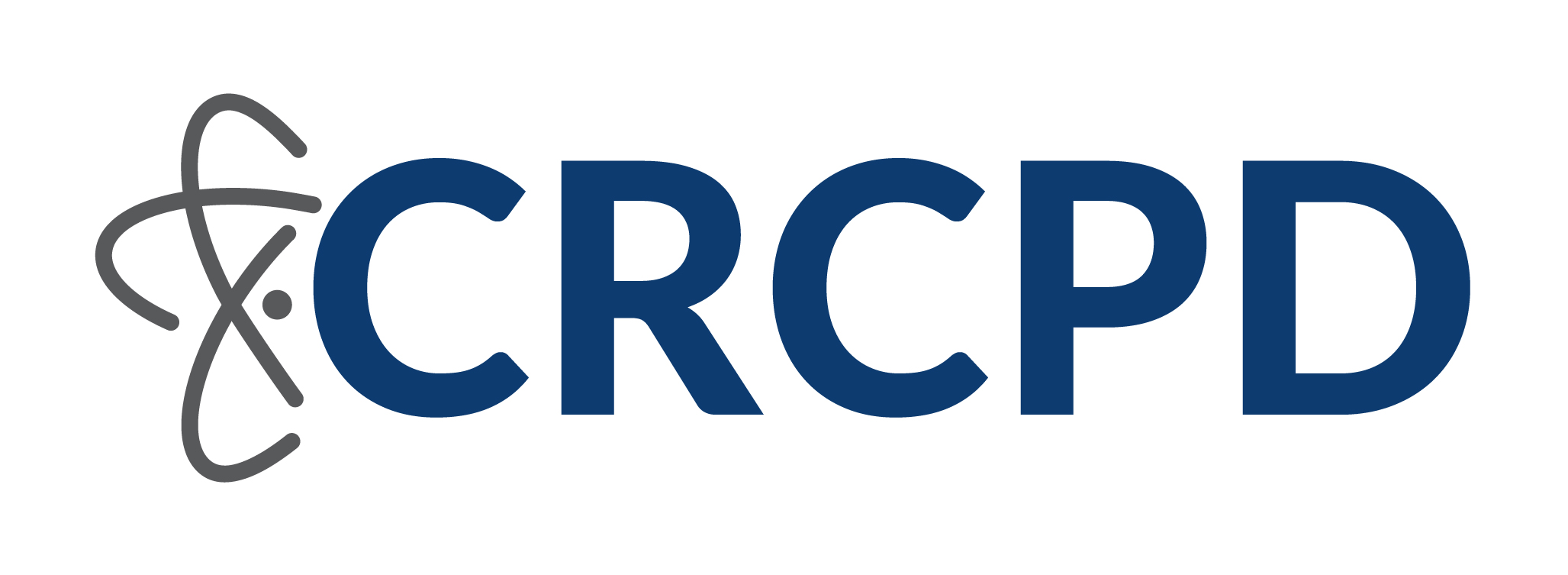The Conference of Radiation Control Program Directors (CRCPD) discourages patients without symptoms from obtaining Computed Tomography (CT) Scans until scientific studies demonstrate that they are effective in reducing disease or mortality.
The CRCPD passed a resolution based upon current information on the growing business of providing CT scans to individuals who are asymptomatic (have no disease symptoms). CRCPD is a national organization whose primary membership includes individuals in state and local government who regulate the use of radioactive material and radiation sources. The members agree that CT can be a useful diagnostic tool when a person has signs or symptoms of some particular disease. CT can also be extremely helpful in determining the extent of some diseases and monitoring the effects of treatment. However, no scientific studies have demonstrated that CT screening of individuals without symptoms provides a greater probability of benefit than harm.
The resolution indicated that the potential risks of CT scans for an individual included false positives, false negatives, and increased possibility of cancer induction from X-ray exposure during the scan. Although these risks are inherent in any CT scan, there would have been no medical recommendation to obtain the scan for asymptomatic individuals. A typical CT examination may only increase the possibility of fatal cancer by 1 in 2000 compared to the natural incidence in the United States of about 1 in 5. When not medically indicated, even this small increase in radiation-associated cancer can become a public health concern if many individuals obtain CT scans or if an individual obtains numerous CT scans during their lifetime.
CRCPD members agreed that they should actively discourage self-referral CT screening through the application of individual state authority and require all CT scans be specifically ordered and authorized by a physician after a medical consultation. In addition, CRCPD supports the application of a quality assurance program for every CT machine to ensure that good imaging technique is used to help avoid unnecessary radiation exposure.
